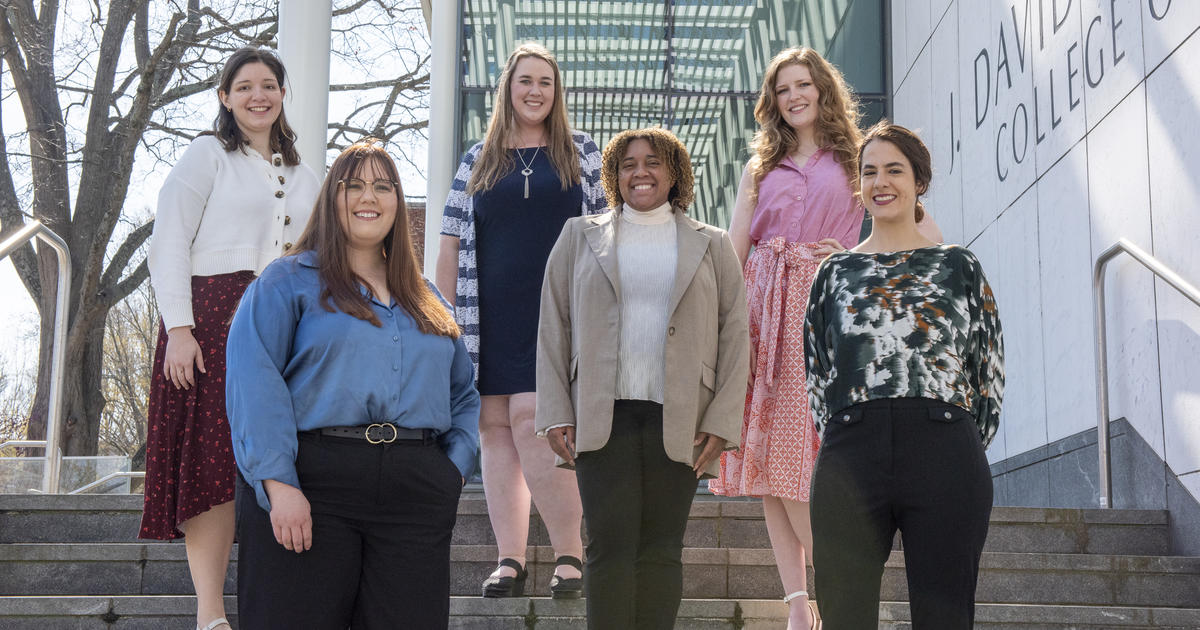University of Kentucky Law Clinic Continues Investigating Historical Homicides from Jim Crow-era
The Civil Rights and Restorative Justice Clinic at the University of Kentucky J. David Rosenberg College of Law is set to continue its groundbreaking work in investigating cases of historical homicide in the Commonwealth of Kentucky during the Jim Crow-era. Following the success of last year’s pilot program, the clinic will be offered again this fall as an experimental course, with the third cohort of students due to begin their case work in August 2024.
The clinic, which receives additional funding support from the UK Commonwealth Institute for Black Studies, will investigate cases of lesser-known instances of violence that occurred during a dark period in Kentucky’s history. These cases range from labor violence to police killings, shedding light on the everyday brutality faced by marginalized communities.
Students in the clinic will not only delve into the historical records of these cases but will also use the legal practice of restorative justice to bring these past injustices into the present. By working with living descendants and community figures, the students aim to develop meaningful redress for the harms that were inflicted decades ago.
The course, co-taught by Professor D’lorah Hughes and historian Dr. Austin Zinkle, goes beyond traditional legal education by challenging students to think creatively about how to address complex and messy problems of historical injustice. The clinic’s success in uncovering long-buried facts and collaborating with community advocates has not only enriched Kentucky’s reparative agenda but has also sharpened important lawyering skills for the students involved.
As the third cohort of students prepares to embark on this important work, the CRRJ-KY clinic continues to be a vital part of the national effort to address and redress the legacy of Jim Crow era racial violence. Through their dedication and commitment to seeking justice, these students are not only honoring the memory of those who suffered in the past but are also paving the way for a more just and equitable future.


